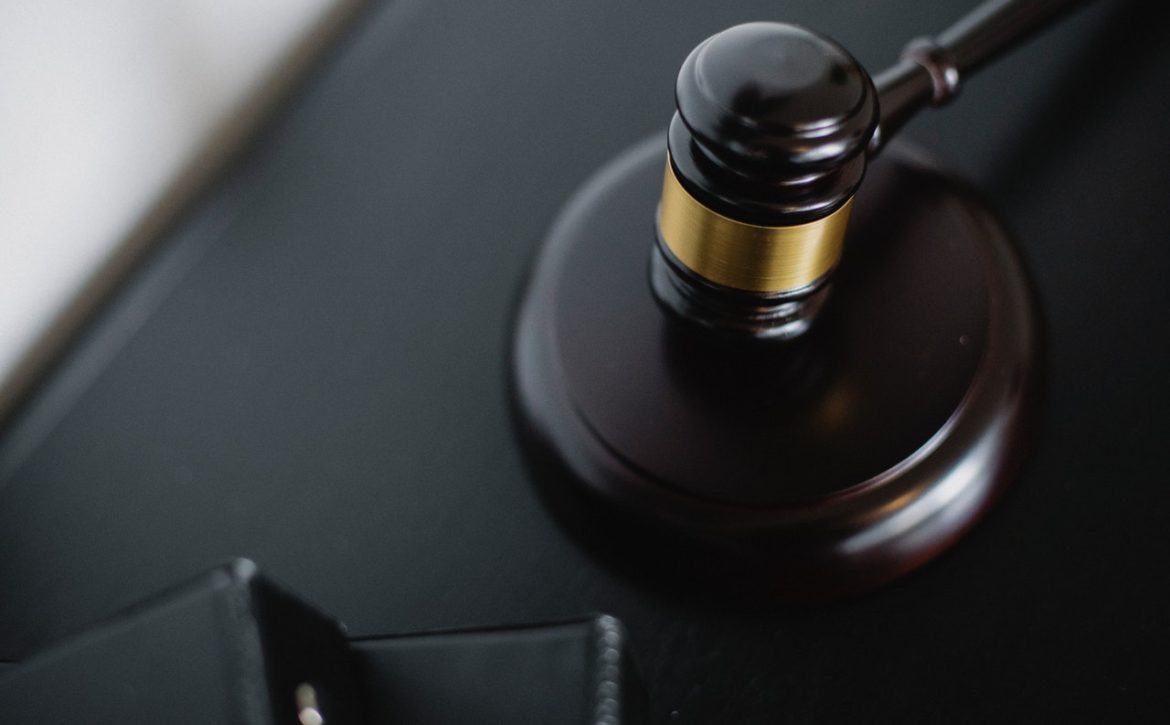
The Language of Judicial Judgments
By Quincy Jesse Kiptoo LL.B. (Hons), CPM, Dip in Law
“For by your words, you will be acquitted and by your words you will be condemned”
Anon.
- Following the decision of the Supreme Court of Kenya in the presidential petitions of 2022, there have been numerous criticisms about the language used by the Court in the abridged version of their judgment.
- The complaints express that the choice of words by the Court was unnecessarily harsh and punitive.
- The supporters of the Petitioners aver that the language of the Court is not reflective of that which should be used by a neutral arbiter in an adversarial system.
- It must be noted that even though the Kenyan jurisdiction is founded upon an adversarial system of dispute resolution, the Supreme Court seems to have aspects of an inquisitorial system.
- This is evidenced by the fact that the registrar of the Court analyzed the evidence presented by the parties and prepared a report as to the scrutiny of the server system and an inspection of election materials. It thereafter asked the Parties to submit on the report.
- It is not in doubt that the details of the report favored the facts as presented by the Respondents.
- In social sciences, language is treated as a medium of social action and as a topic of investigation rather than merely a vehicle of communication and a resource to be used in carrying out research.
- Before we censure the Supreme Court, we ought to interrogate what is the language through which our legal system operates?
- In Ceylon (now known as Sri Lanka), there once was a law known as the Language of the Courts Bill which empowered the Minister of Justice to order that the national language be used in Court while conducting business.
- The Bill, however, did not further describe what phrases, tone, words and color of language that the Court ought to use.
- Lord Denning stated in 1977 that to succeed in the profession of law, you must seek to cultivate command of the language. Words ultimately are the lawyer’s tools of trade
- Some of the words employed by the Court that have evoked harsh criticisms are as follows: Hot Air, Wild Goose Chase inter alia.
- It is not hard to see that the words employed by the Court do not constitute judicial misconduct. Judicial misconduct breaks down the very fibre of what is necessary for a function of the Judiciary e. for citizens to believe their judges are fair and impartial.
- It is not in contest that the Judiciary cannot function without the trust and confidence of the people. Judges must therefore be accountable for their behavior.
- The code of judicial conduct calls upon judges to utilize general language that preserves the integrity of the judiciary and prevents the appearance of impropriety.
- Judge Frank Porter of the Lee County Circuit Court whilst sentencing an accused to life for murder of his father stated
“this is without any doubt the most gruesome murder of my career, it is my intent that you never see the sun rise, the sunset or take a breath outside the walls of prison”
- This seems to have been outrightly harsh, punitive and unnecessary.
- In a 500-page dissent, Indian Supreme Court Justice DY Chandrachud, termed a Bill as a “constitutional fraud on the Constitution”. The Law Minister criticized the judge and argued that the Supreme Court should avoid the use of harsh words.
- It has also been expressed that the language employed by the Supreme Court is not befitting of the demeanor attributable to the most superior Court of record in Kenya.
- This draws a link between judicial language and legitimacy. Legitimacy as a concept is the entitlement of a public authority to be obeyed.
- There are two prongs to this: legal positivists argue that the legitimacy of judicial authority is sufficiently established by the Constitution. The second prong dictates that the legitimacy of the Court derives from the employment of elements of procedural fairness which shape people’s feelings of responsibility and obligation to obey the rules and accept decisions of the Court.
- The Author argues that a proportion of the phrases used by the Respondents were outrightly demeaning, dismissive and harsh as opposed to the Court. It was also clear beyond contest that the Replying Affidavit sworn by the President-elect evoked feelings amongst the Petitioners due to the dismissive language employed.
- Truth be told, once any Court finds a party in breach of an essential procedural rule, it usually rebukes and reprimands the party.
- In the Author’s experience, there are firm and sometimes harsh judicial officers that sit in all levels of the Court system. They can be found at the Small Claims Court to the Court of Appeal. Do we demand that they be kind? Absolutely not. We only demand that they be guided by the law in their decisions.
- Based on breach of practice rules, the Court issued a citation against two advocates and recommended disciplinary action against them by the requisite bodies. Could the Court have been kinder? Maybe so but was the breach apparent? Yes it was.
- The crux of this article is that the language of the Court should be a hybrid between formal, kind, resolute and firm as opposed to being unnecessarily harsh or dismissive.
- On the flip side, a court cannot also be susceptible to the whims of Counsel who may at times take a great deal of time to canvass. The Court in its pronouncements cannot factor the feelings of the losing party.
- The presidential petition is determined at break-neck speed. Owing to this, all pleadings must be prepared to perfection and reviewed by a Senior Counsel prior to filing.
- Gerald Lebovits asserted in 2009 that Judgment writing is the hardest of the legal arts to master in the entire common law world. It requires a mastery of legal method and pure writing skills, not merely wisdom, learning, good temperament, common sense, devotion to duty and hard work.
- All judges have a writing style, whether they know it or not. Lord Denning who is widely recognized for his attention-grabbing judgments is a good example.
- According to Rtd Justice Lee Muthoga, a Judgment is about telling the losing party why it lost. It is best to approach it by explaining its position because it is the party most interested to know why it did not win and also most likely to appeal or seek a review. The winning party would care less how it won.
- He recommends that one should state the position of the losing party and then state the flaw in the losing party’s position and then state the conclusion.
- The losing parties in this case are extremely aggrieved by not only the loss but the language employed by the Court in evaluating their evidence and dismissing the case.
- The author contends that the judgment may have been resolute and firm but was not unnecessarily harsh. The Superior Court of record merely restated points of law and procedural practice which may have been breached by the Parties.
- In instances where the language employed by a Court may be interpreted as judicial misconduct then there are constitutional bodies that can be invoked to pronounce themselves on the issue.
References:
Decisions, Decisions… a Handbook for Judicial Writing, James Carnwath, Louise Mailhot
Lebovits, G., 2008 Ethical Judicial Opinion Writing, Georgetown Journal of Legal Ethics Vol 21 237
Writing Reasons – A Handbook for Judges Victoria: E-M Press 3rd Edn
Justice Lee Muthoga, Guidelines For Judgement Drafting
Latest Posts
Step by Step Guide to Subdvision of Land in Kenya
Agnetah Muli LL. B, KSL Dip. What is Subdivision? The process of subdivision involves the division of land into two or more parcels. The purpose is to...
COMPREHENDING REDUNDANCY IN EMPLOYMENT LAW – KENYA
“Fairness in all forms of termination is the staple of labour law”- Anon By Quincy Jesse Kiptoo LL.B. (Hons), CPM, Dip in Law The word Redundancy...

